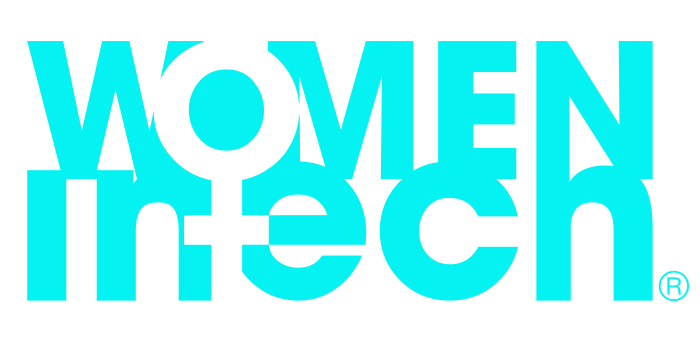As we observe World Mental Health Day today, October 10th, significant research highlights the urgent need for workplace mental health support for women in technology and beyond
A comprehensive study of over 30,000 employees across 30 countries has revealed significant gender disparities in workplace mental health, with women reporting higher rates of exhaustion and poorer mental well-being compared to their male counterparts. The research, conducted by the McKinsey Health Institute, provides critical insights as we mark World Mental Health Day 2024, a day dedicated to raising awareness and mobilizing efforts in support of mental health.
Key Research Findings
The study, led by Jacqueline Brassey and colleagues at McKinsey & Company, found that 46% of women experience workplace exhaustion compared to 38% of men. Notably significant disparities were observed in several countries, including France, India, Japan, and South Korea, where the gender gap in exhaustion levels exceeded 10 percentage points.
“These findings are particularly relevant for the technology sector, where women often face additional challenges of being underrepresented,” notes Dr. Ruma Bhargawa, Lead of Mental Health at the World Economic Forum, who contributed to the research analysis.
Impact on Career Progression
The research demonstrates a concerning correlation between mental health challenges and career advancement. While women’s representation in C-suite positions has increased from 17% in 2015 to 28% in 2023, these gains remain fragile. The study suggests that unaddressed mental health concerns could jeopardize this progress, particularly affecting women in technical roles where stress levels are often higher.
Strategic Solutions for Employers
The research identifies four key areas where employers can make meaningful interventions:
- Enhanced Caregiver Support: With women shouldering 61% of caregiving responsibilities, implementing specialized coaching and support programs becomes crucial.
- Microaggression Prevention: The study found women are twice as likely to face workplace interruptions and emotional state commentary, leading to increased burnout risk.
- Flexible Work Arrangements: Women with location flexibility reported 15% better mental health and 19% less exhaustion, highlighting the importance of adaptive work policies.
- Women-Specific Health Support: Beyond traditional wellness programs, employers should consider implementing specialized support for women’s health needs, including menopause support and extended parental leave policies.
Technology Sector Implications
For the technology industry, where retention of female talent remains a critical challenge, these findings offer a roadmap for creating more inclusive workplaces. Companies can leverage these insights to develop targeted mental health support systems that address the unique challenges faced by women in tech.
References
Brassey, J., & Bhargawa, R. (2024, March 8). Women’s mental health is a strategic imperative: Here’s how employers can bolster it today. World Economic Forum. https://www.weforum.org/agenda/2024/03/womens-mental-health-is-a-strategic-imperative-heres-how-employers-can-bolster-it-today/
Read full article here!


